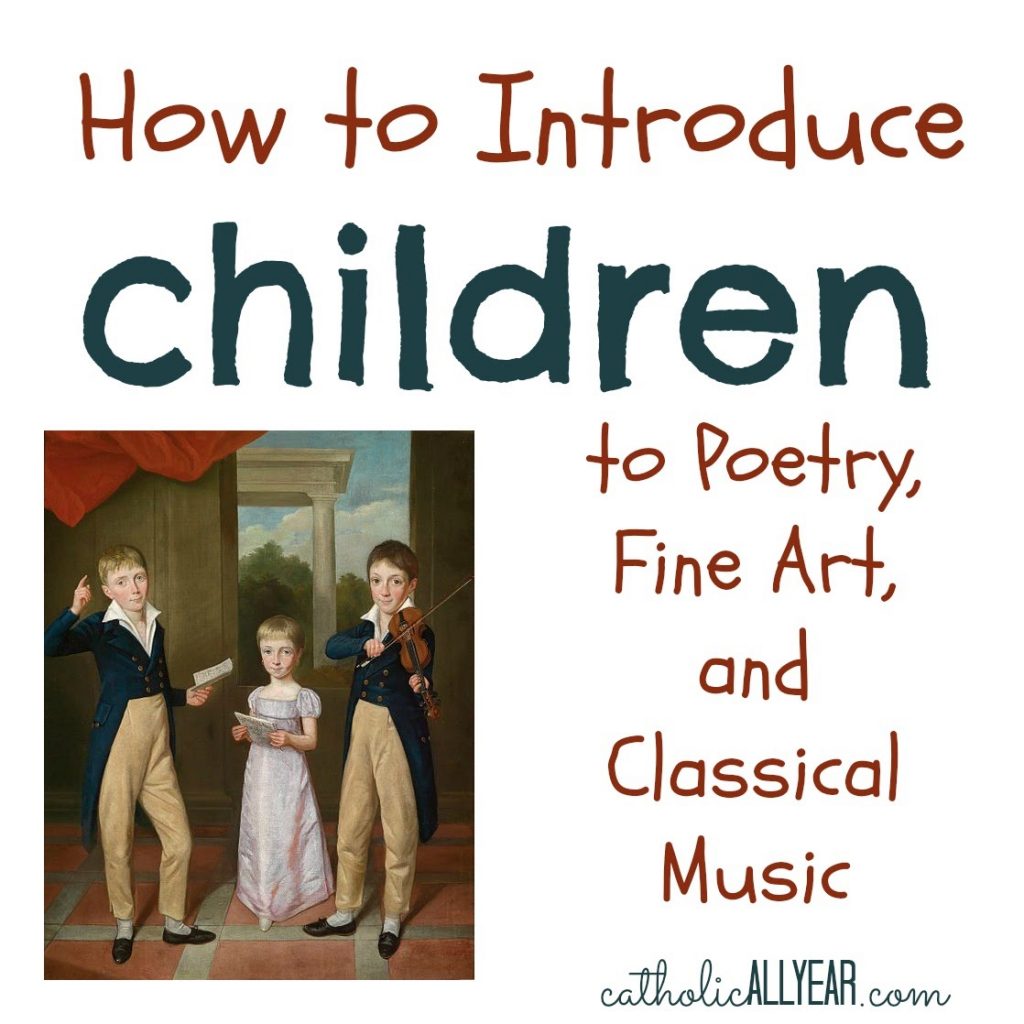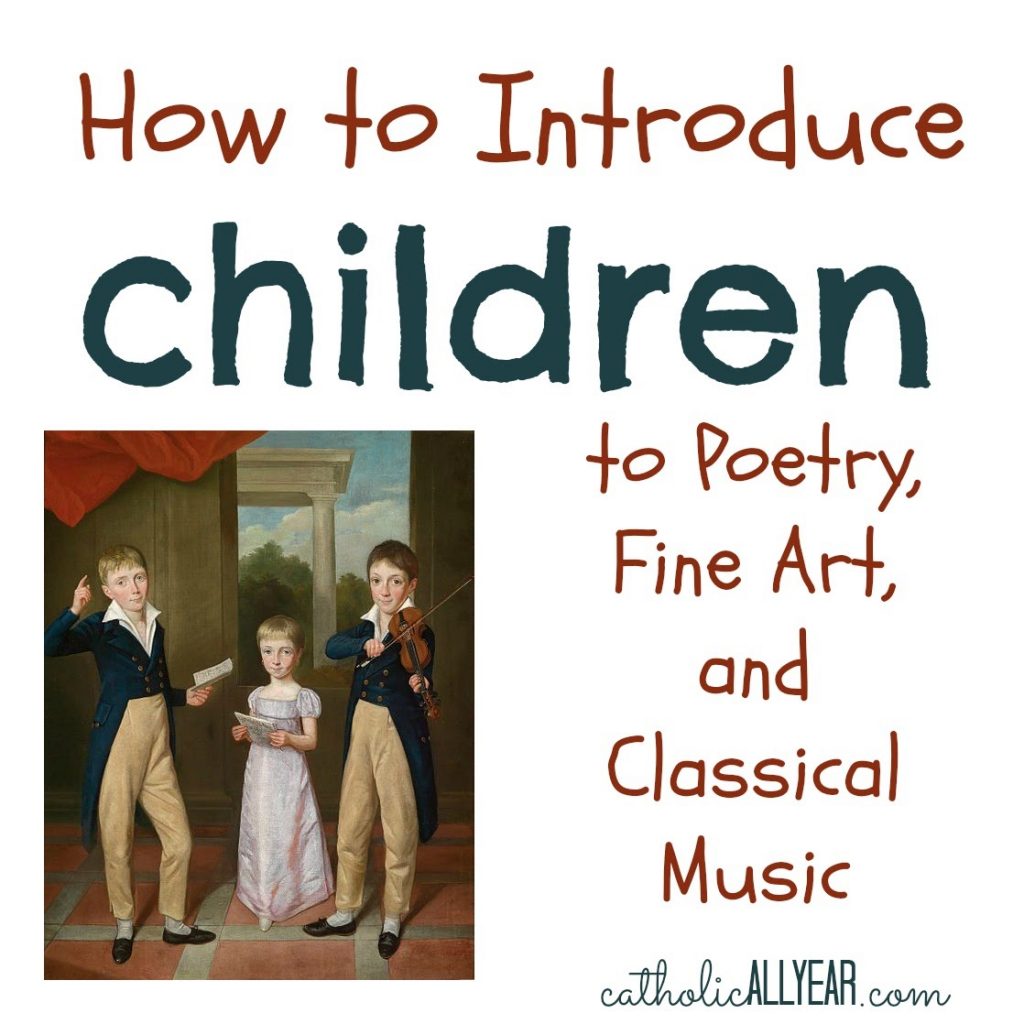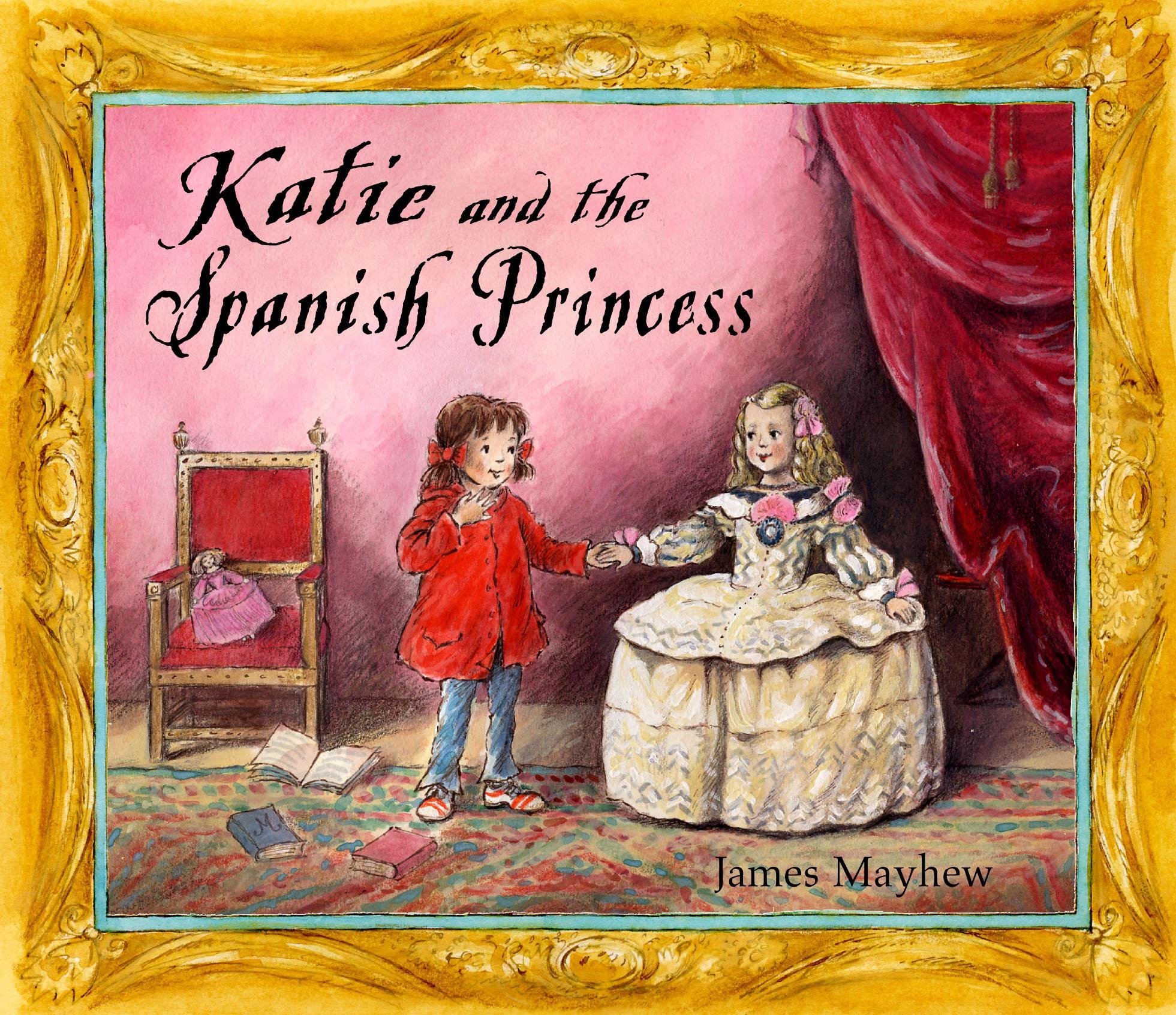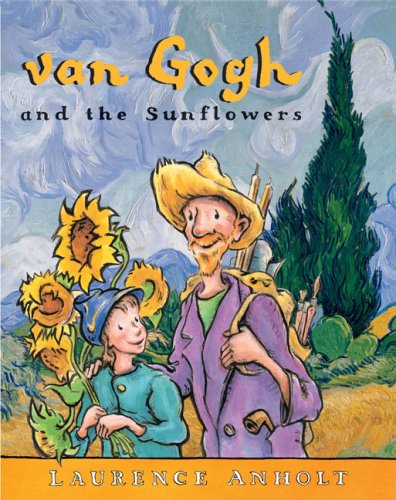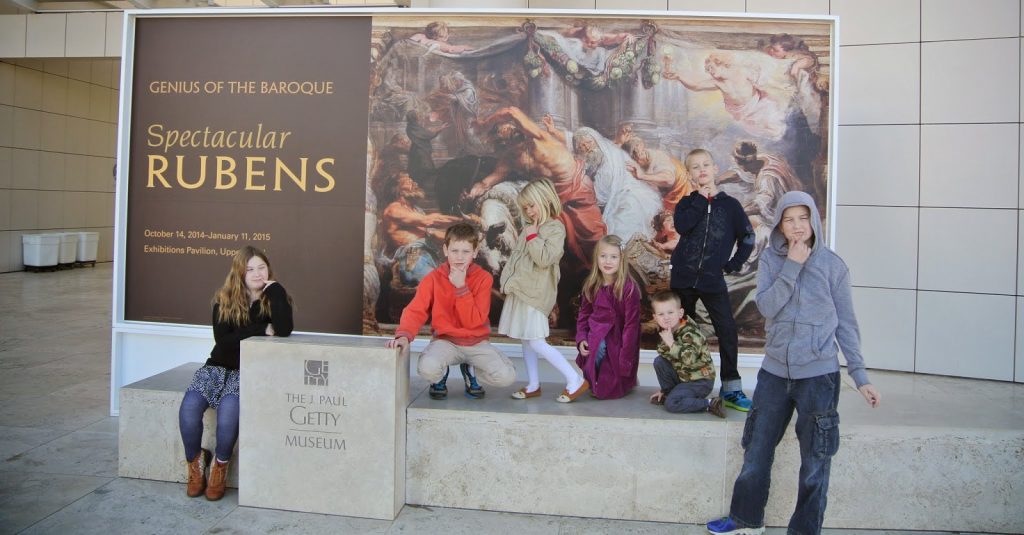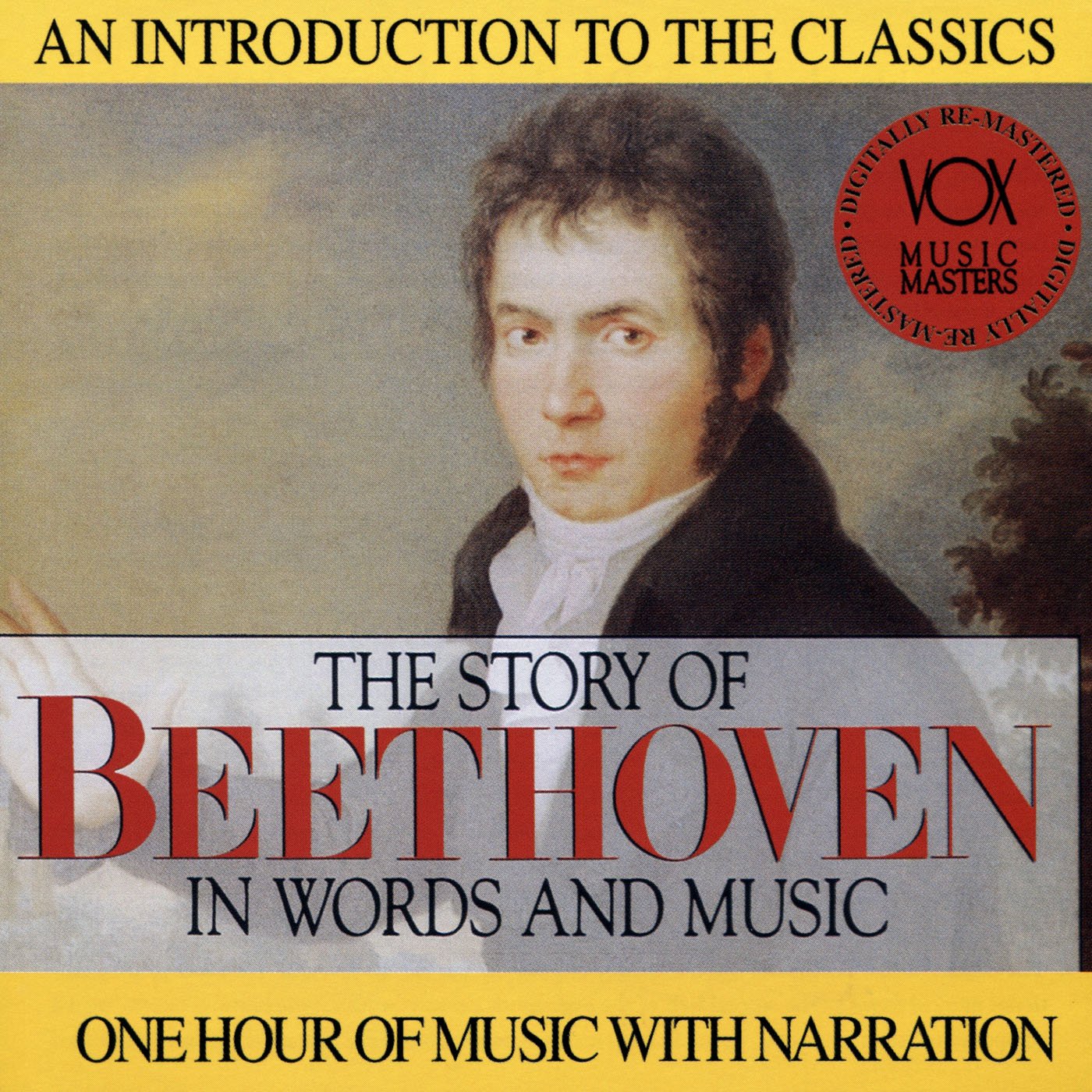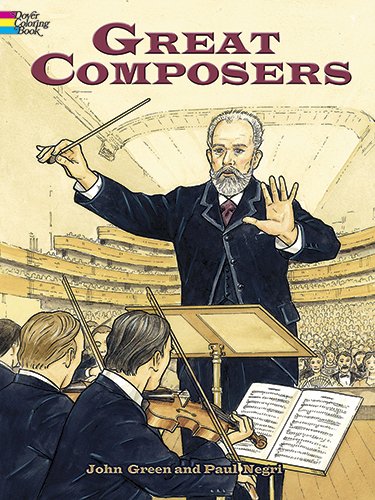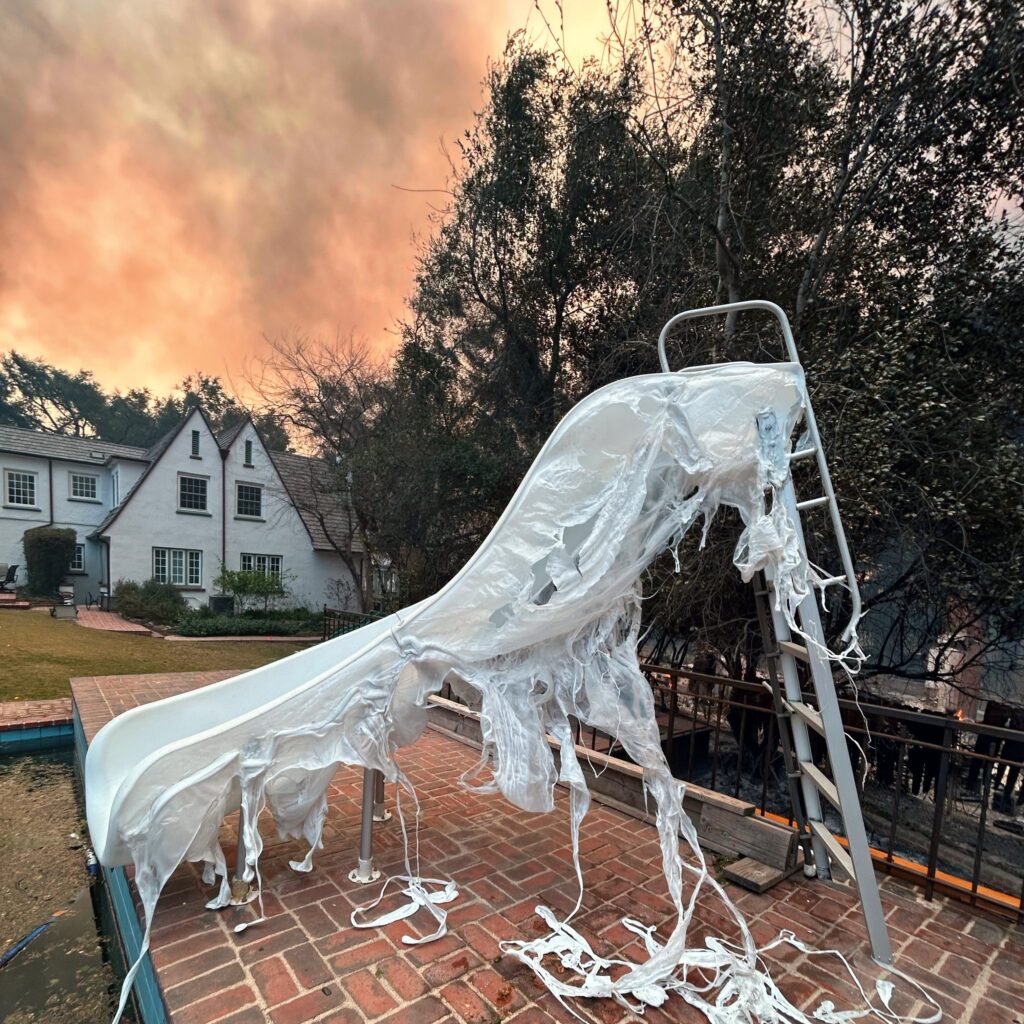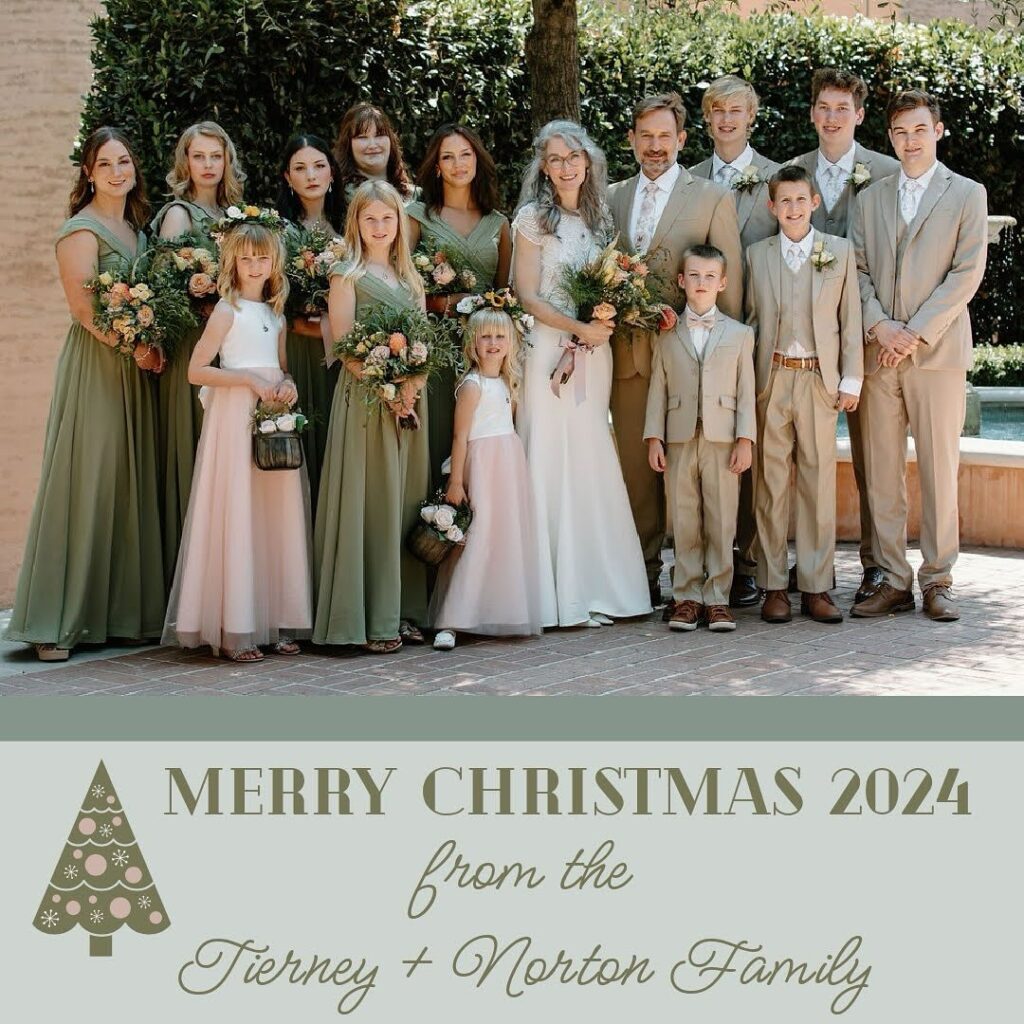Mailbag time! As school winds down for the year for many of us, homeschoolers and traditional schoolers alike, many of us are looking for ways we can make the summer an educational time for our kids, but without trying to keep up the same rhythm of the school year. . . .
Question:
Hi Kendra,
My kids are 6, (almost) 4, and 18 months. We also recently found out #4 is on the way. My oldest is currently in kindergarten at our parish school and though I feel small tugs at my heart toward homeschooling, I don’t believe that is what is best for our family right now. As a former teacher (and a daughter of a teacher), however, my kids and I do a great deal of learning outside the classroom and throughout the year.
At an early age, they have all learned the essential Catholic prayers, but it has never occurred to me to teach them to memorize (other than nursery rhymes and songs). I would really like to start this with them and was wondering which poems you would recommend for young children? What does the process look like at the beginning of memorization and as they grow (your expectations, their willingness, etc.)? How do you do the poetry recitals?
Also, I was wondering if you had any resources for helping my young children gain an appreciation for the arts. I was thinking of doing some study of classical music and art over the summer and was wondering if you knew of any books or learning materials that would work well with young kids?
Thank you so much! I hope you are feeling better and I look forward to each new post you write!
Sincerely, Leanne
Answer:
Thanks Leanne,
I’m feeling much better, and am trying to get caught up on the mailbag! So let’s jump right in here, shall we?
– Poetry –
The poetry memorization we do during our school year is really one of my favorite parts of the syllabus. One, it’s just adorable to hear kids reciting poetry. Two, memorization is, in general, a very useful skill to have. Three, it fills their little heads with good and beautiful patterns and forms of writing. Later, as they are writing for themselves, they can call upon those reserves of beautiful writing stored up in their minds, and try to base their own patterns of writing upon them. All good stuff.
The book we use is an anthology called The Harp and Laurel Wreath. It was compiled by Laura Berquist, who designed the Mother of Divine Grace curriculum that we use. It’s got an excellent selection of age-appropriate poems to memorize. I really can’t recommend it enough.
We just work on each poem in chunks, at a pace that works for that particular child. I have a couple of really good memorizers and a couple for whom it’s more difficult. So, we just work at the pace that works for that particular kid. First, I read the whole poem aloud, explain it, and set it in a historical context if I can. This is important because it’s harder to memorize something you don’t understand.
Then we just take it chunk by chunk, usually two to four lines at a time. I say it aloud, he says it back to me in as large a chunk as he can handle, sometimes that’s just a couple of words. Eventually, he’s able to say that section on his own, and we review it the next day or two, then move on to the next. Slow and steady. We usually do a family poetry recital every couple of weeks. The kids get m&ms for successful recitations, which makes it very popular.
– Fine Art –
For fine art, I like having art cards. There are books of them available, but you can also visit museums and buy a bunch of postcards there. Then, kids can look at them, interact with them, and answer questions about them. It is especially meaningful to my kids when we have art cards of paintings that they have seen in real life.
We have multiples of the same cards so that we can play memory-matching games with them, and we have multiples of the same artists, so we can play Go Fish with them. “Give me all your Kandinskys.” “Don’t have any. Go fish.” “I drew one!” . . . it’s pretty awesome.
We also have some great picture books that have helped my kids become family with great artists. The Katie and the . . . art series is about a little girl who goes to museums with her grandmother and climbs into paintings and interacts with them. They are very cute.
Laurence Anholt also has a large series of picture books in which artists interact with children.
Finally, we visit museums, with our kids. All of them. Even the crazy toddler. I think it’s really important to teach my kids that they can appreciate fine art. So many folks go through life just thinking art and museums just aren’t something they know how to do. I want to make sure that that isn’t the case for my kids.
We usually buy a book in the gift shop with some of the paintings we saw in it, so the kids can look through it again at home. There is almost always some level of undress in those books, but we just explain to our kids that art is art but they still have to wear their clothes.
– Classical Music –
For music there is a great series of CDs called Music Masters. They combine selections of music by a great composer, with a narrated biography of his life. There are eighteen of them in total, I believe.
The are great for listening to in the car, or for putting on while the kids sit at the table and color. If you want to REALLY embrace the theme, you can have your kids color a picture of the composer from this coloring book while you listen to the CD.
As with the museums, I also mindfully expose my kids to a very broad range of music. We like pop music, and Irish folk music, but I also put on the classical music station quite a bit. In fact, it’s all we listened to in the car during Lent. We listen to whichever opera is playing on Saturday mornings as we drive around to various kid sporting events. When Anita was three, she once remarked, “Probably they put the opera on on Saturdays, because they know how much kids like opera.” So, weird homeschool kid moment? Perhaps. But what I loved about it was that it proved that my kids are able to be open to listening to lots of different kinds of music. They haven’t closed their minds off to entire genres.
I really think that’s all we’re trying to do with any of this. We do work on memorizing poems, and recognizing artists and composers, but my expectation really isn’t that my kids would retain that memorized information. It’s that they would grow up with a general sense that they are able to appreciate and enjoy sophisticated writing, art, and music, as well as what popular culture is offering in those departments.
I hope that helps some. If I misunderstood or didn’t quite answer your question, please let me know, and let me know if there’s anything else I can do to help.
Cheers,
Kendra
Related reading . . .

